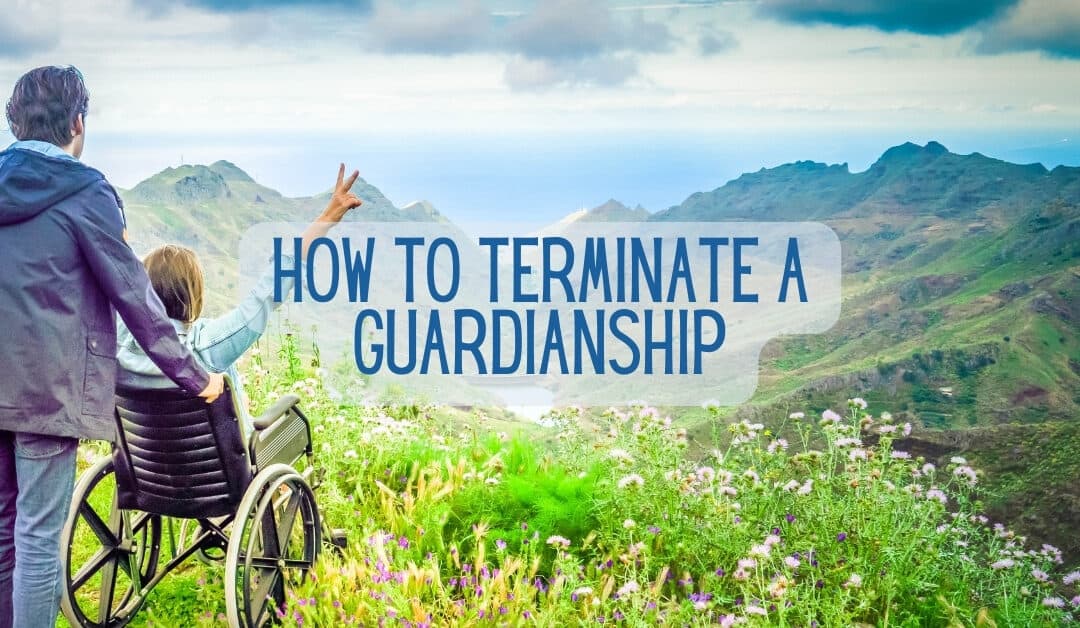
How to Terminate a Guardianship in North Carolina
In North Carolina, it is not easy to end a court-ordered guardianship arrangement. In most cases, if there are allegations of abuse or neglect by the guardian, a court will grant an emergency removal. However, there are other reasons you may want to terminate a guardianship or remove a guardian. Let’s look at how hard it is to terminate a guardianship in North Carolina.
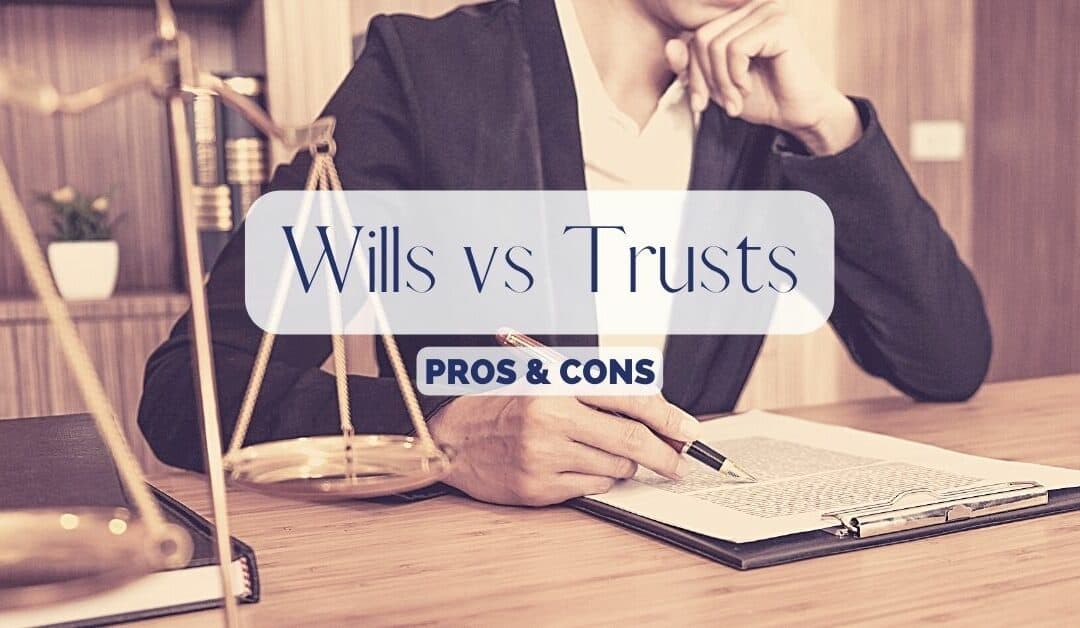
Wills vs Trusts: Pros and Cons
When it comes to estate planning, there are a few different options to choose from. Some of the most popular legal tools include wills and trusts. Both have their own pros and cons, making it difficult to decide which one is right for you. If you're confused about the...
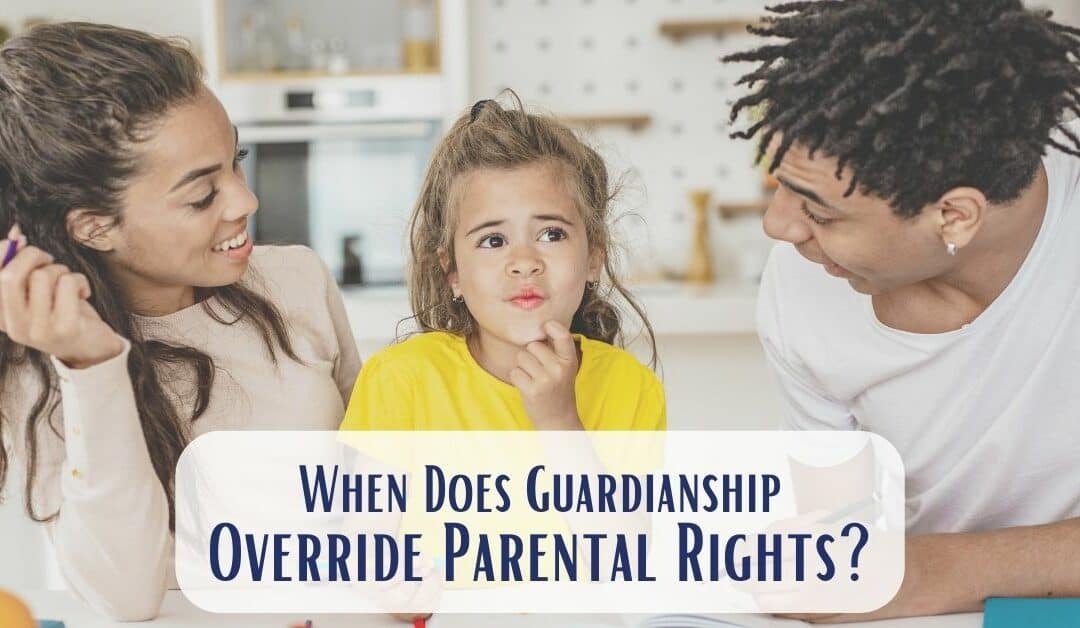
When Does Guardianship Override Parental Rights in North Carolina?
Guardianship is a legal arrangement that gives an adult certain rights and responsibilities over a child. Depending on the situation, a court may grant this arrangement in many ways. In most cases, guardianship does not override parental rights. However, there are some instances where it does take precedence. Let’s explore when guardianship overrides parental rights in North Carolina.
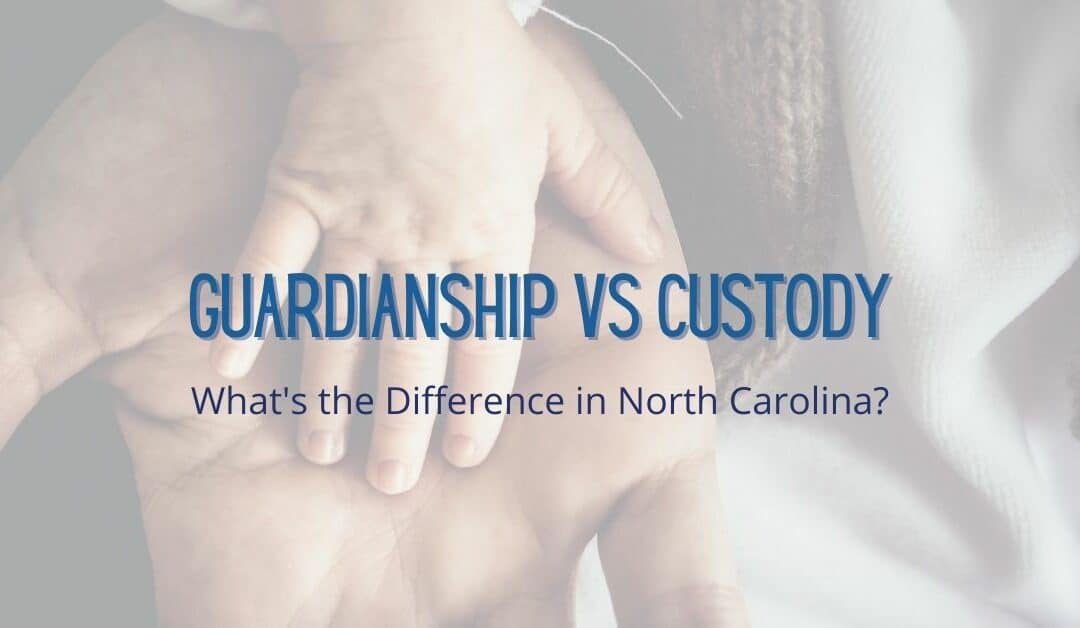
Guardianship vs Custody: What’s the Difference in North Carolina?
Guardianship and custody are two legal terms that are often confused. A guardianship and a legal custody arrangement can both give authority to make decisions about a child’s welfare. When birth parents are not available to raise a child, the line between guardianship and custody can feel confusing. Let’s look at the definition of guardianship and how it differs from custody.
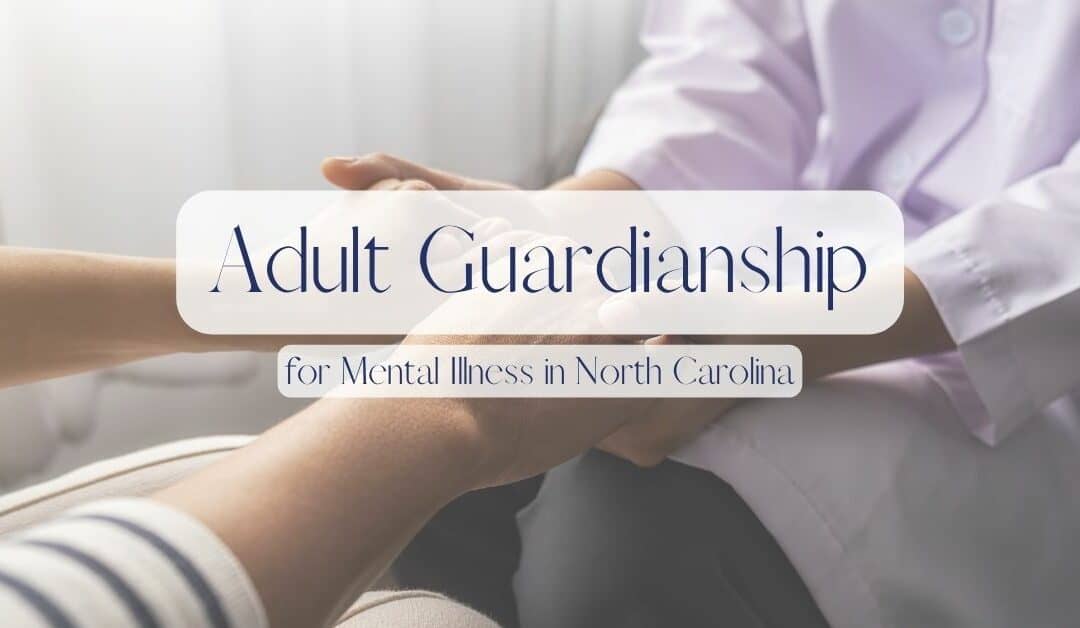
Adult Guardianship for Mental Illness in North Carolina
Mental illness can strike anyone at any time, and when it does, the effects can be devastating for both the individual and their loved ones. If the individual did not plan ahead by naming a power of attorney, you may need to file a petition for guardianship with the court. Let’s look at how guardianship works for adults with mental illness in North Carolina.

Who Can Override a Power of Attorney in North Carolina?
In North Carolina, a power of attorney (POA) is a legal document allowing you to appoint someone else to make decisions on your behalf. A POA can help if you cannot make decisions for yourself due to illness or injury. There are different types of POAs, and each one gives your agent different types of authority. In this article, we will discuss who can override the authority of your POA agent in North Carolina.

Incapacity: What Happens If You Can’t Make Decisions for Yourself?
What would you do if you could no longer make decisions for yourself? This is an agonizing question to ask yourself. However, it’s essential to prepare for the unexpected. If you become incapacitated and can’t make decisions for yourself, who will step in to take care of your affairs? Let’s look at how to define incapacity and what happens if you can’t make decisions for yourself in North Carolina.

Estate Planning in North Carolina: What to Watch Out For
In North Carolina, we are lucky that there is no estate tax. However, that doesn’t mean that we don’t have any other taxes to worry about! In this blog post, we will take a look at some of the most important taxes to consider when planning your estate.
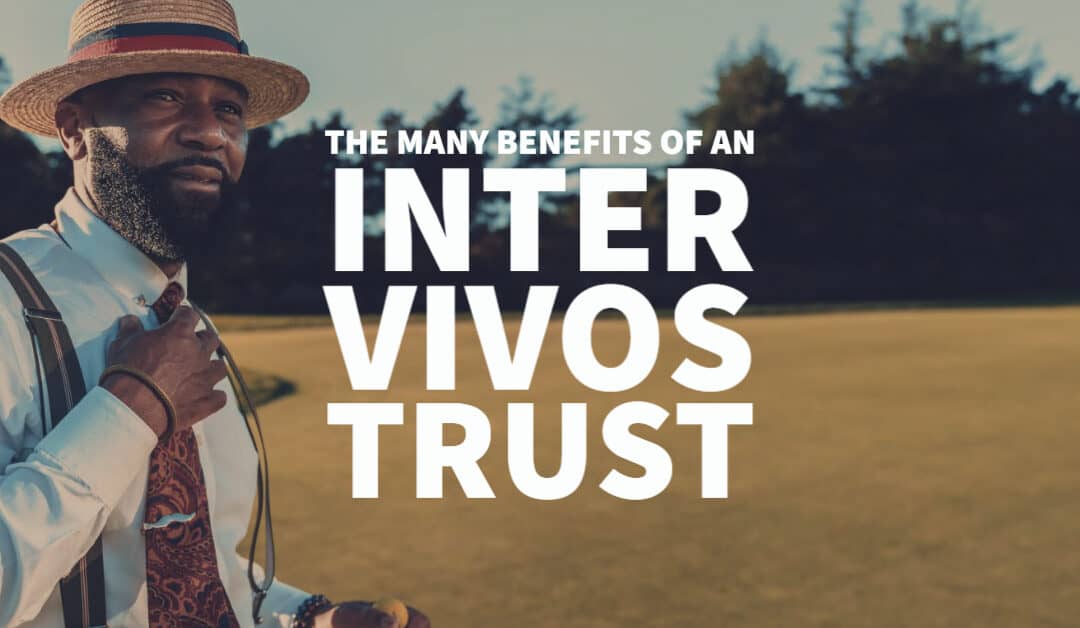
The Many Benefits of an Inter Vivos Trust
An inter vivos trust is also called a living trust. These trusts are legal frameworks that manage your assets and real estate. Let’s look at exactly what an inter vivos trust is and how it can help you plan for the future.

Can Medicaid Take a Jointly Owned Home in North Carolina?
Medicaid is a government-funded health insurance program that helps pay for medical costs for some people who can’t afford them. It’s an important safety net for many Americans, and it can be beneficial for those who need long-term care. But can Medicaid take a jointly owned home away from the other spouse? Let’s explore Medicaid recovery in North Carolina and find answers.
